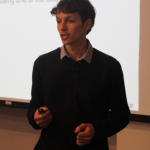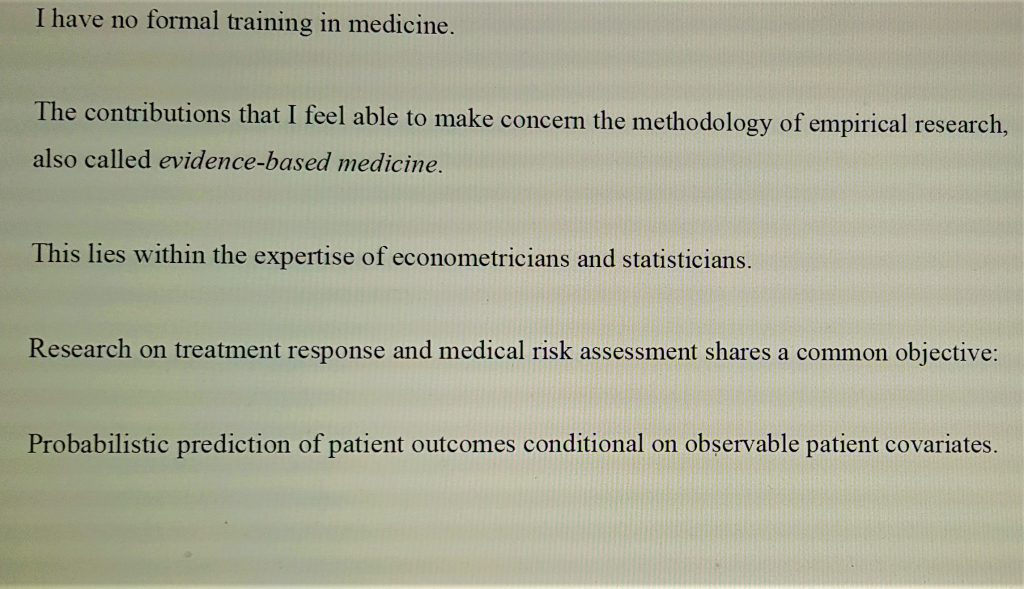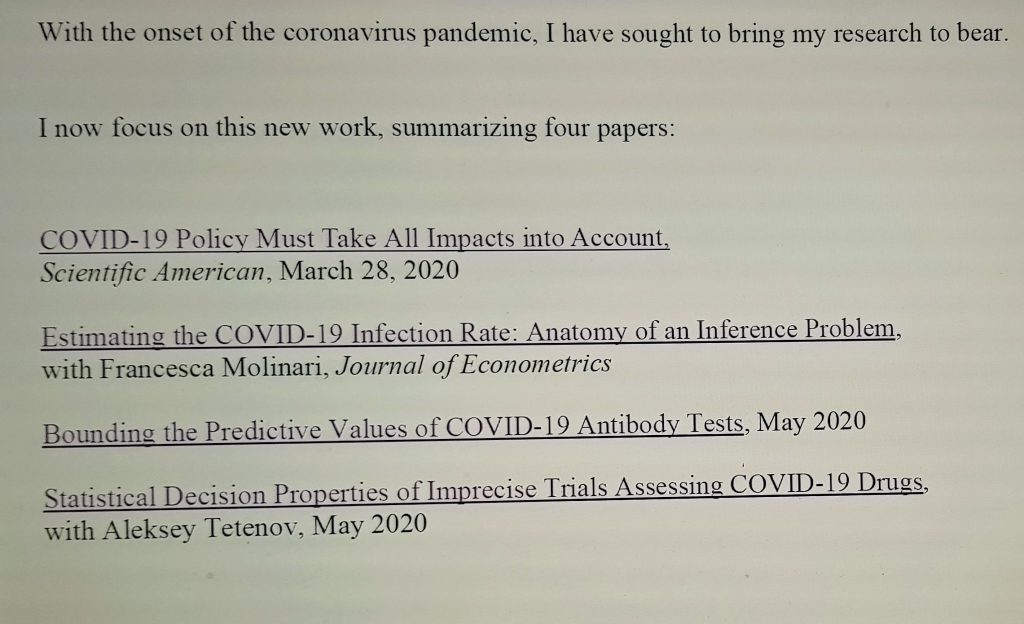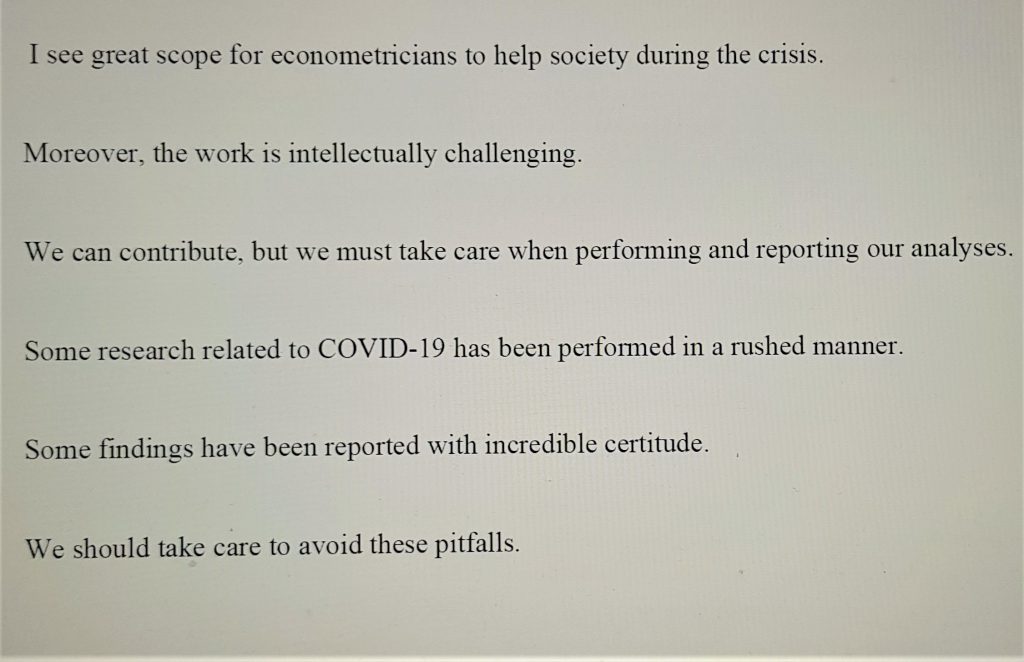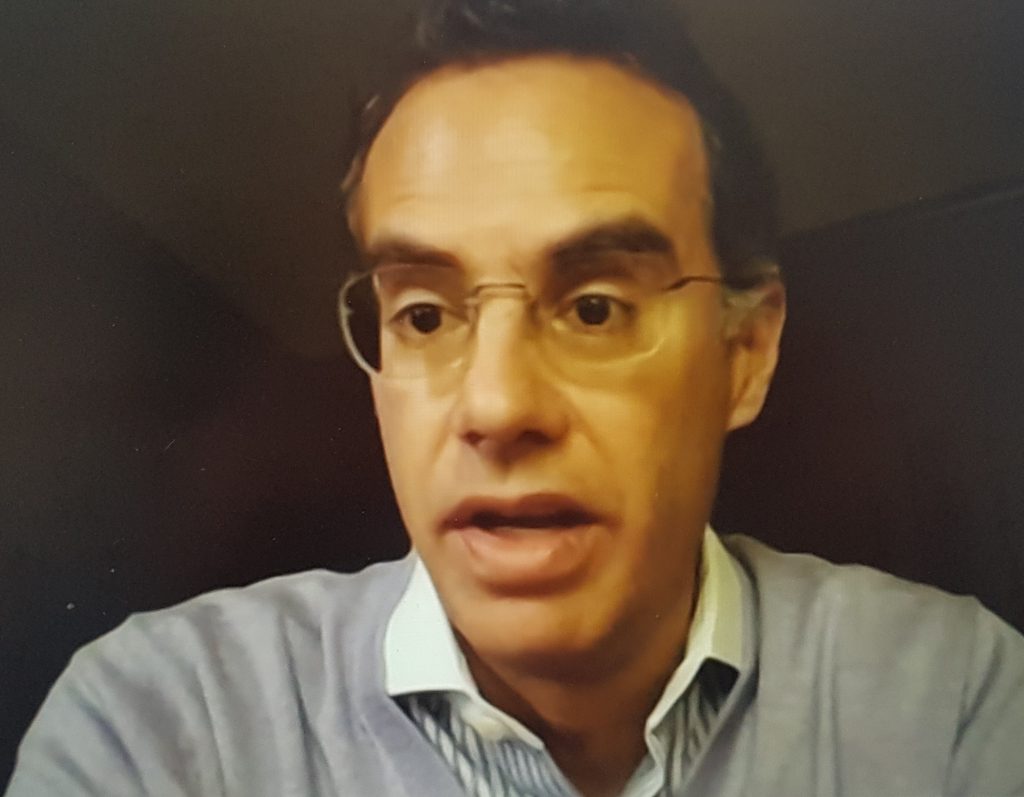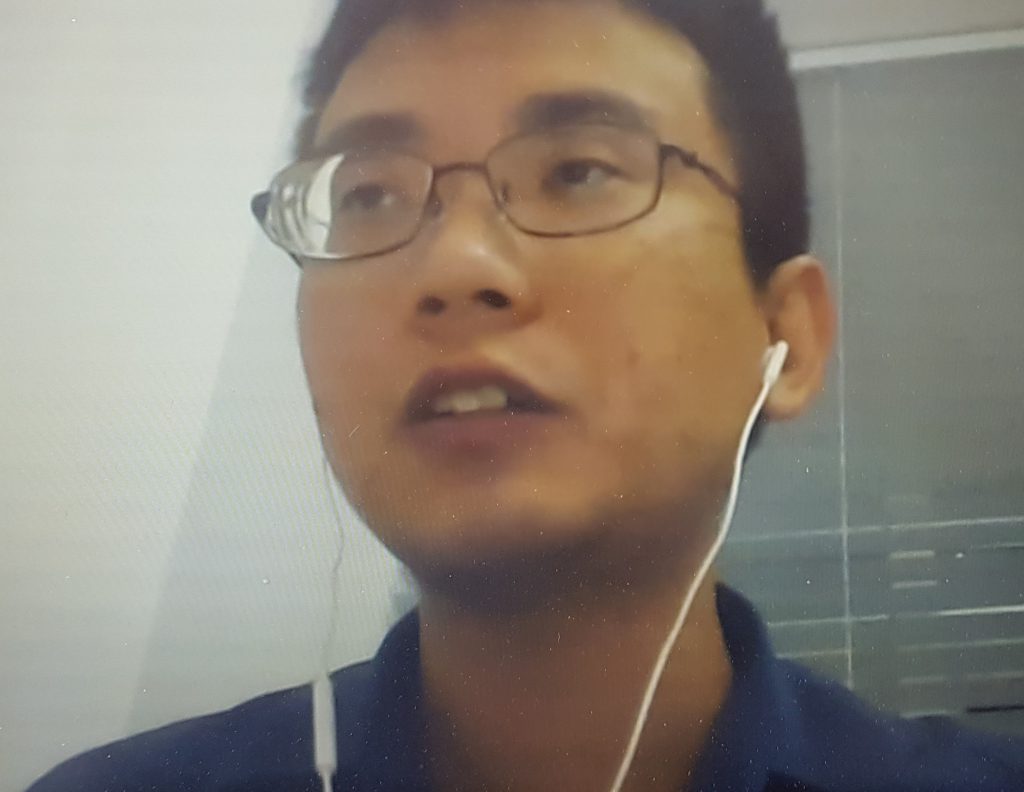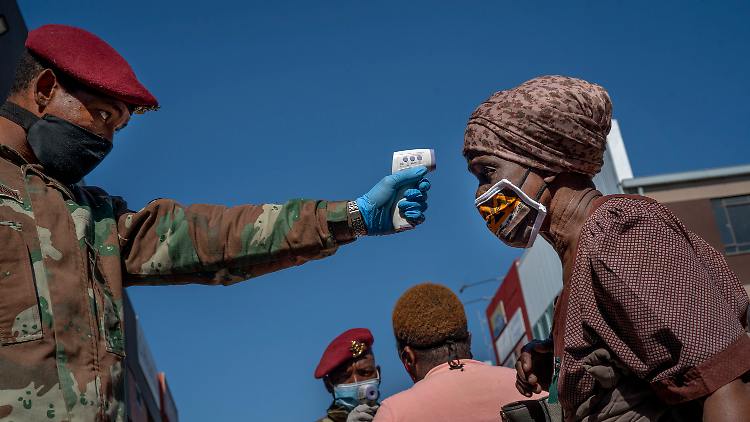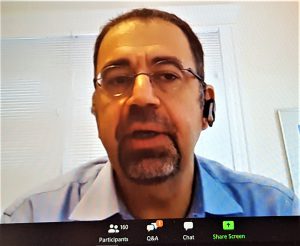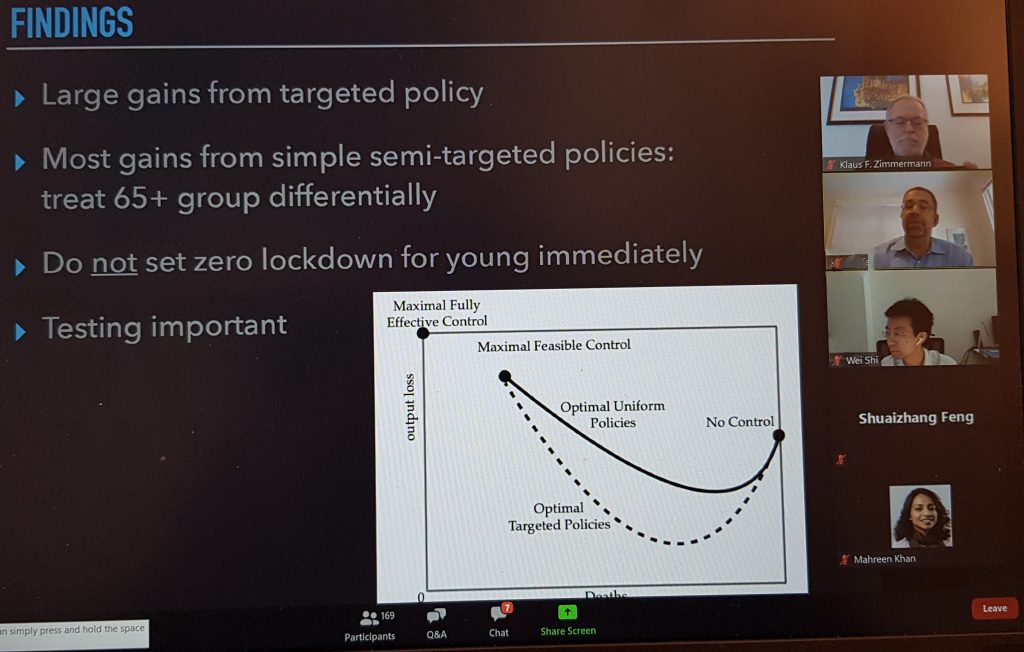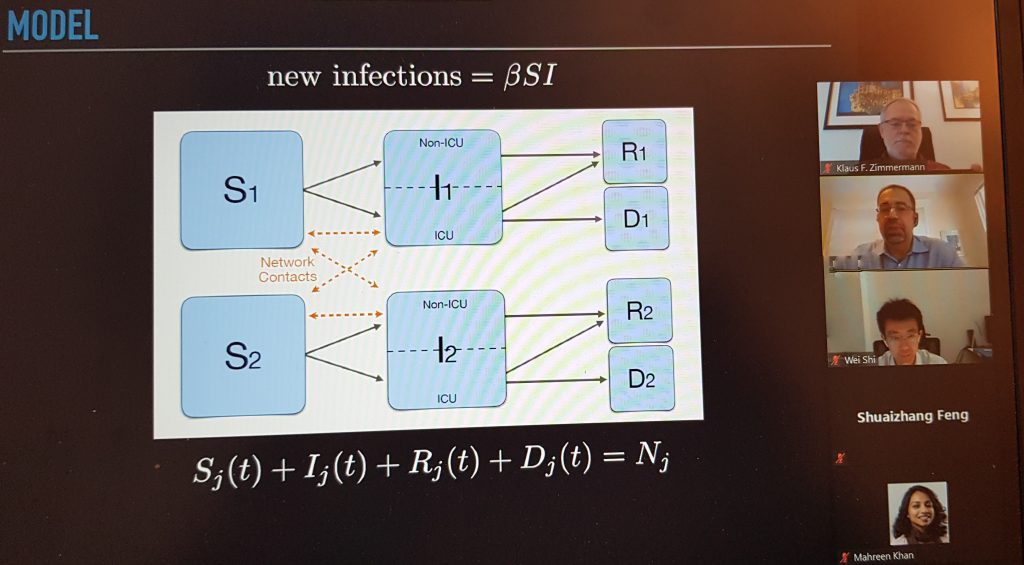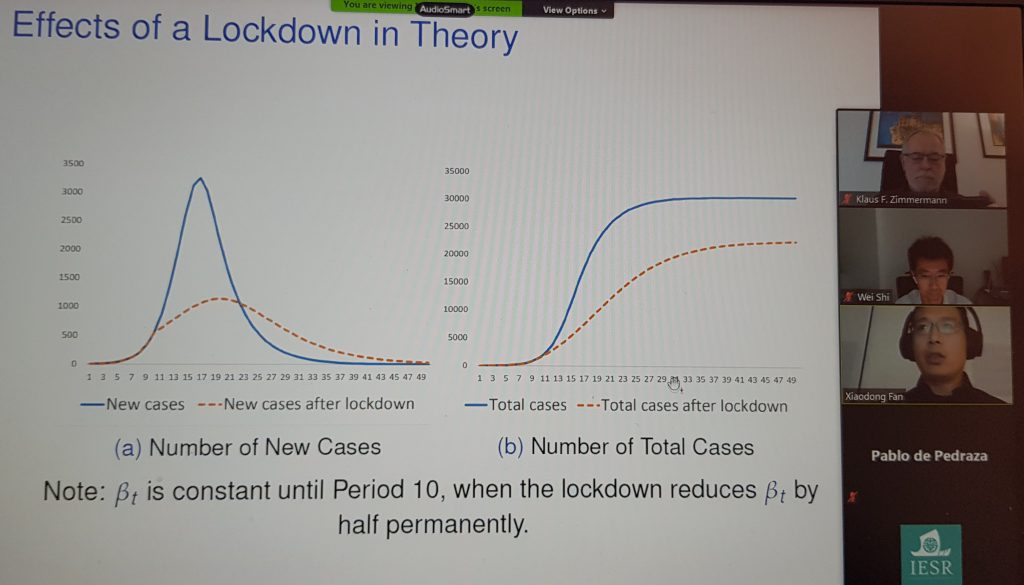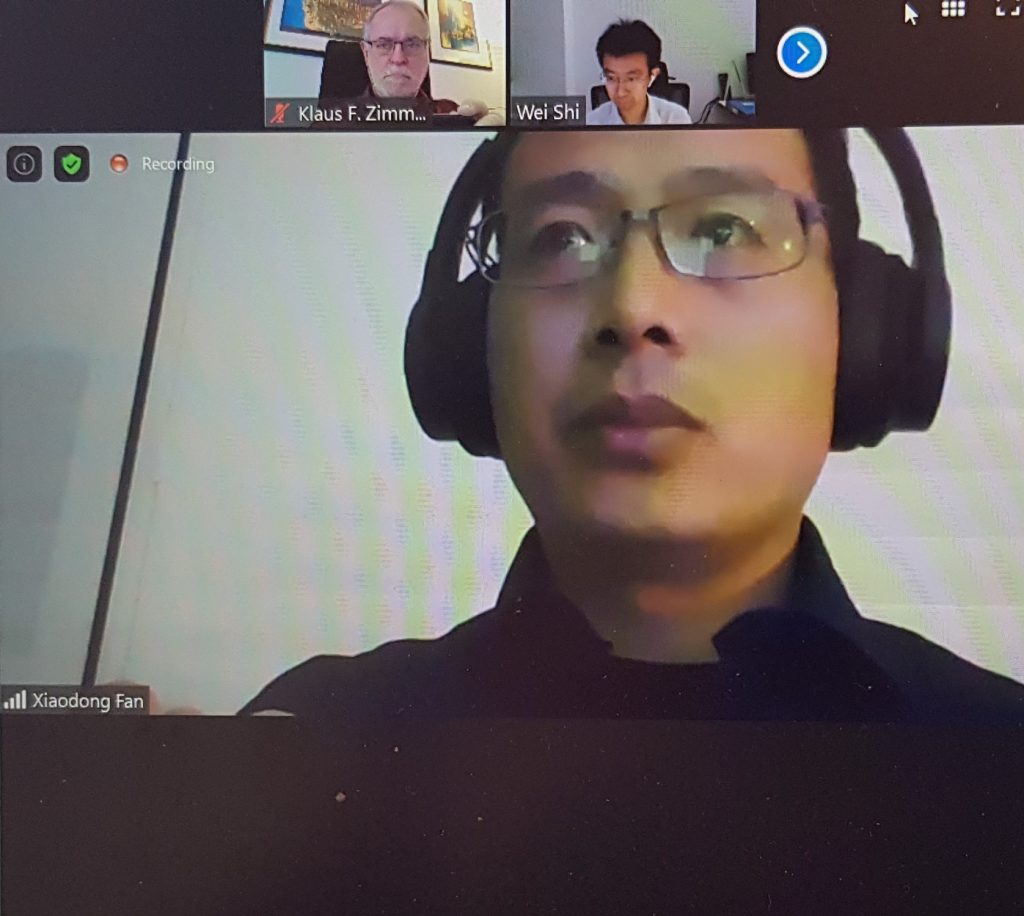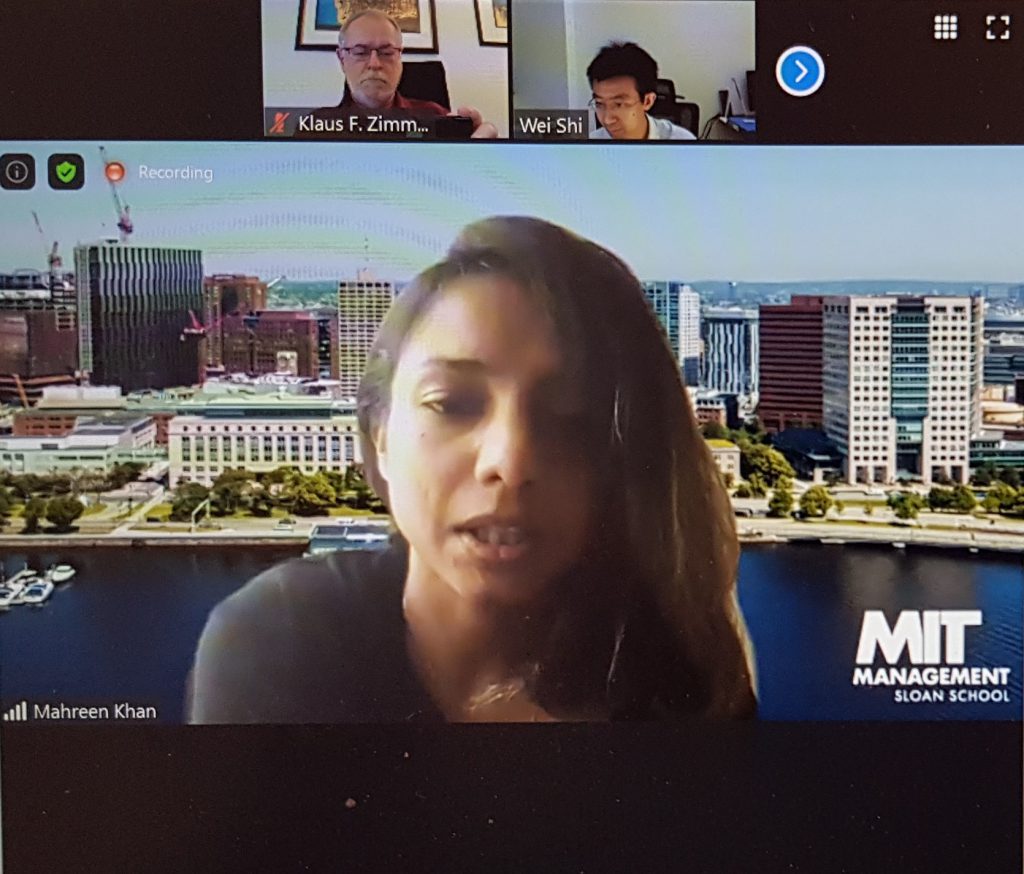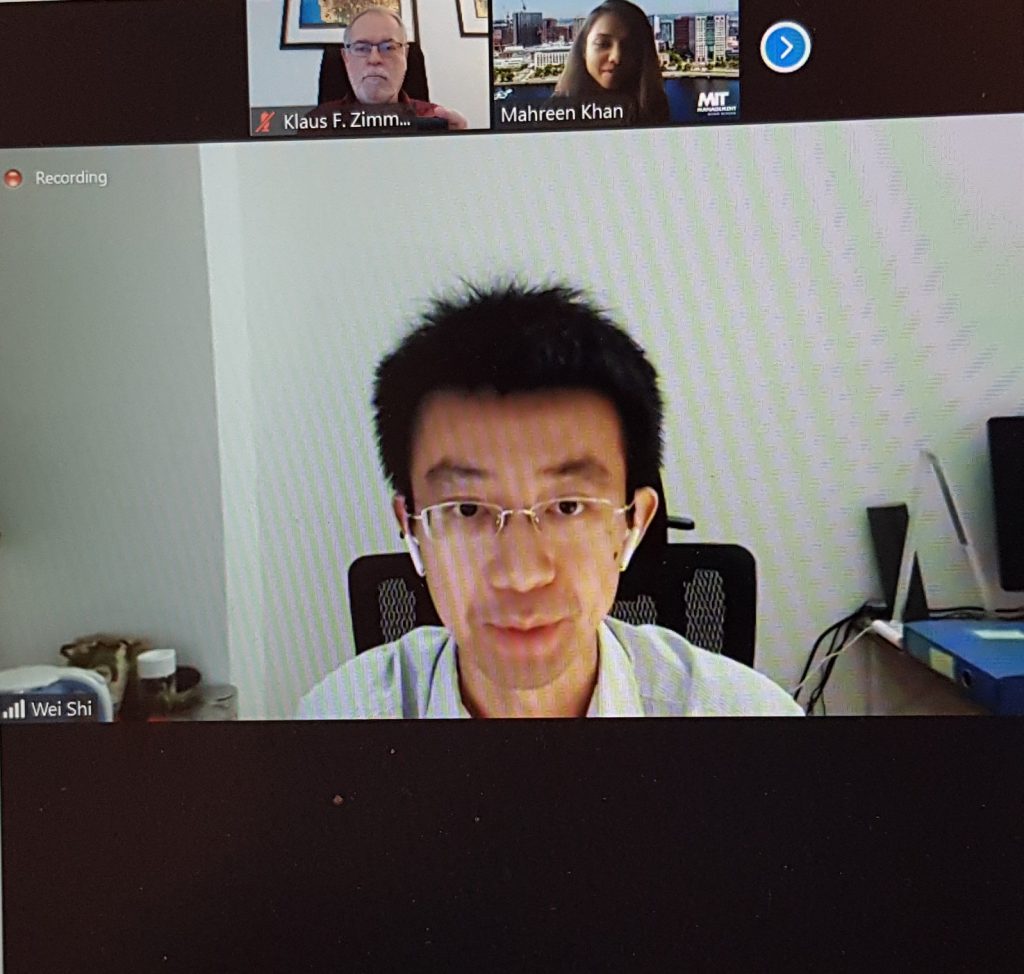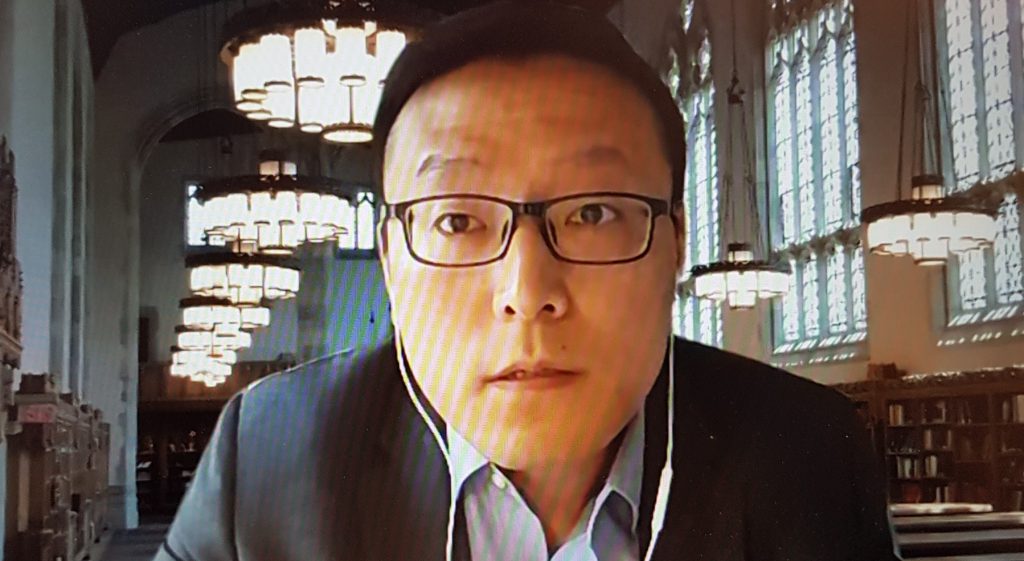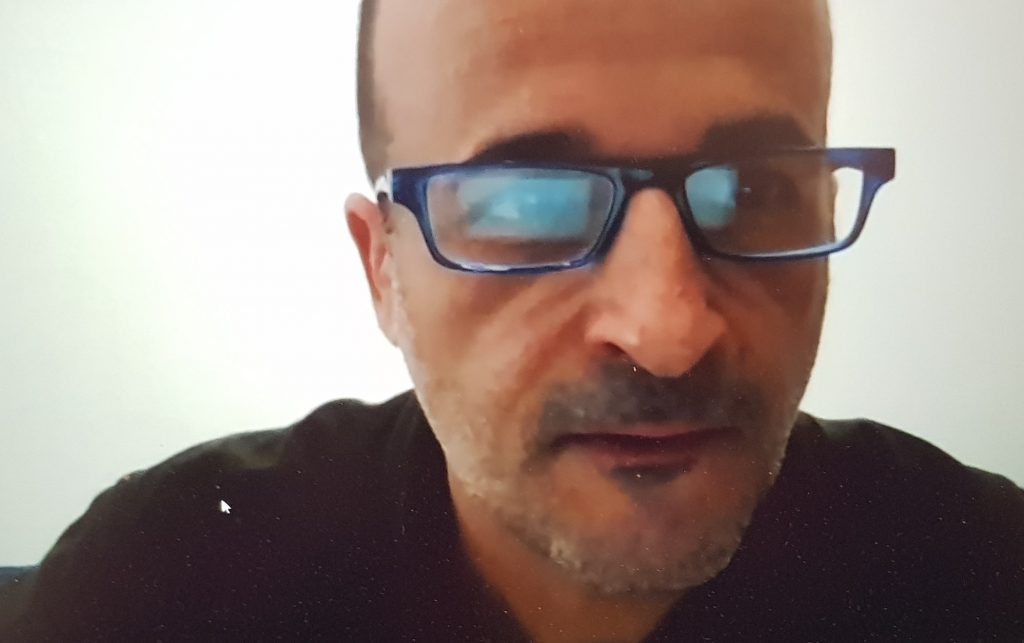A new GLO Discussion Paper using Italian data finds that workers employed in occupations entailing a large proportion of routine cognitive tasks (such as workers employed in service occupations as cashiers or call-center operators) are exposed to a relatively higher risk of becoming unemployed.
The Global Labor Organization (GLO) is an independent, non-partisan and non-governmental organization that functions as an international network and virtual platform to stimulate global research, debate and collaboration.
GLO Discussion Paper No. 563, 2020
What drives employment-unemployment transitions? Evidence from Italian task-based data – Download PDF
by Cassandra, Nicola & Centra, Marco & Esposito, Piero & Guarascio, Dario
GLO Fellows Piero Esposito & Dario Guarascio
Author Abstract: Relying on a unique longitudinal integrated database supplying micro-level information on labor market transitions (concerning the 2011-2017 period) and occupation task characteristics (e.g. routine-task intensity), this paper provides fresh evidence of the determinants of unemployment risk in Italy. We find that workers employed in routine-intensive occupations (measured with the RTI proposed by Acemoglu and Autor, 2011) do not display – on average – higher unemployment risks than the rest of the workforce. However, on distinguishing between cognitive and manual tasks, it turns out that workers employed in occupations entailing a large proportion of routine cognitive tasks (such as workers employed in service occupations as cashiers or call-center operators) are in fact exposed to a relatively higher risk of becoming unemployed. By contrast, a rather lower risk seems to be faced by workers employed in occupations entailing a large proportion of routine-manual tasks. Finally, the distribution of unemployment risk and its relation with routine-task intensity varies significantly across sectors – with higher risk in manufacturing and construction – confirming the importance of industry-level economic, technological and institutional heterogeneities.
GLO Discussion Papers are research and policy papers of the GLO Network which are widely circulated to encourage discussion. Provided in cooperation with EconStor, a service of the ZBW – Leibniz Information Centre for Economics, GLO Discussion Papers are among others listed in RePEc (see IDEAS, EconPapers). Complete list of all GLO DPs – downloadable for free.

Ends;








